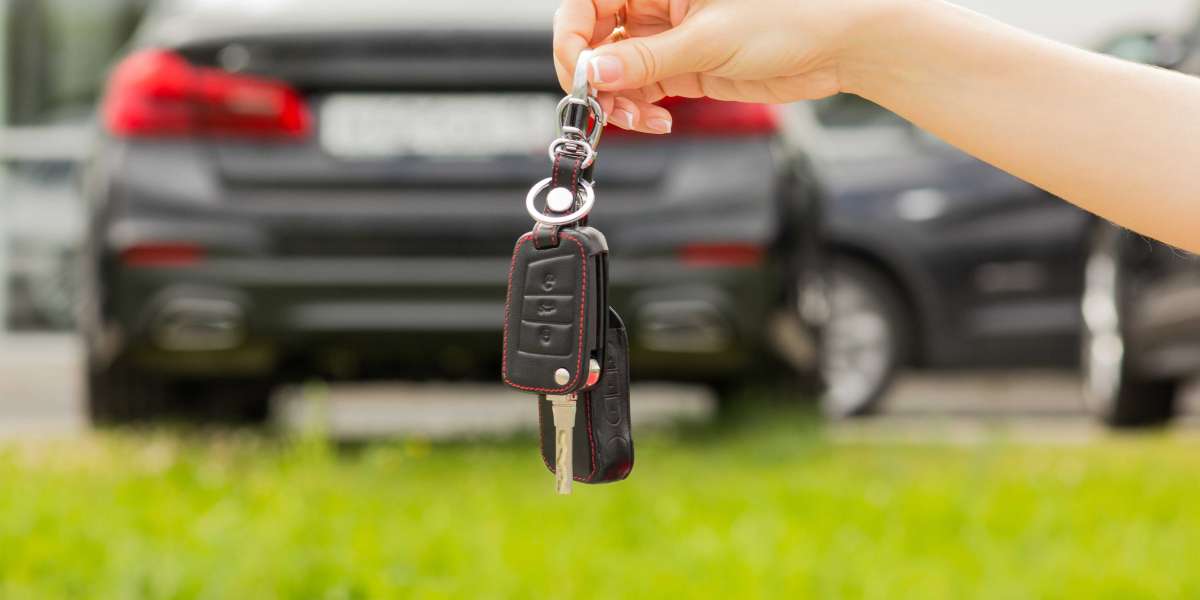Key Replacement: A Comprehensive Guide
In today's fast-paced world, losing keys or having them end up being harmed is a common incident that can develop substantial inconvenience. Whether it's a car Key shell replacement Near me key, house key, or a digital key fob, the procedure of changing lost or broken keys can be bewildering. Nevertheless, this article intends to streamline the key replacement process, informing readers about their alternatives, the steps to take, and tips to prevent future mishaps.
Understanding Key Replacement
Key replacement refers to the process of getting a duplicate or replacement of a lost, stolen, or harmed key. The method and expense for replacing keys differ based on several elements, including the type of key, the intricacy of the locking system, and the locksmith professional or provider utilized.
Types of Keys
When discussing key replacement, it's vital to understand the different kinds of keys, which can usually be categorized as follows:
| Type of Key | Description | Common Replacement Options |
|---|---|---|
| Traditional House Key | Standard metal keys used for family doors | Local locksmith professionals, hardware stores |
| Car Key | Keys created for automobiles, may include transponder or wise keys | Car dealership, locksmith focusing on automotive keys |
| Electronic Key Fob | Digital keys used for keyless entry and ignition | Dealership, automotive locksmith, or electronic key fob replacement service |
| Master Key | A key developed to open several locks | Locksmith professional services, can be tailored |
| Padlock Key | Specific keys for padlocks, typically standard sizes | Regional locksmith professionals, some hardware shops |
Actions to Replace Various Types of Keys
The process for key replacement can differ significantly based upon the type of key. Below are the actions involved in changing different types of keys.

Changing House Keys
- Recognize the Type of Key: Determine the key type and whether it is a standard or high-security key.
- Go To a Local Locksmith or Hardware Store: Most standard keys can be duplicated quickly at local stores.
- Provide the Original Key: If readily available, bring the original key for duplication. If it is lost, make certain to explain the design to the locksmith professional.
- Choose the Right Material: Select the key material (e.g., brass, stainless-steel) based upon your requirements.
- Test the New Key: Before leaving, evaluate the brand-new type in the lock to ensure it works properly.
Changing Car Keys
- Recognize the Key Type: Determine whether it's a traditional key, a transponder key, or a key fob.
- Contact the Dealership: For transponder keys or key fobs, it's frequently necessary to go to the vehicle's car dealership.
- Supply Vehicle Information: Supply the vehicle identification number (VIN) and proof of ownership.
- Programs (if required): Some keys require to be set to deal with the car's ignition system.
- Get a Backup: Consider acquiring an extra spare key to prevent future concerns.
Replacing Electronic Key Fobs
- Contact the Vehicle Manufacturer or Dealer: Most electronic key fobs should be sourced directly from the vehicle manufacturer or authorized dealer.
- Protect VIN and Identification: Prepare documentation to demonstrate ownership and the vehicle's VIN.
- Configuring Requirements: Be aware that the replacement fob may require programming at the car dealership.
- Replacement Service: There are also independent services that can provide fob replacements and programs.
Tips to Prevent Future Key Losses
To lessen the chances of losing type in the future, consider the following proactive methods:
- Key Tracking Devices: Attach a key tracker to your keys that can be kept an eye on through a smart device app.
- Designated Key Holder: Use a particular place in your home for placing keys regularly.
- Spare Copies: Always preserve a spare copy of necessary keys with a trusted good friend or household member.
- Keychains: Use intense and distinctive keychains to make it much easier to identify them.
Frequently Asked Questions About Key Replacement
What should I do if I lose my home key?
- Instantly consider rekeying your locks if you're concerned about security.
For how long does it take to replace a car key?
- Replacement times can vary, but it normally takes 20 to 30 minutes, specifically if programs is required.
Are all keys duplicable?
- Not all keys can be duplicated. High-security keys usually have constraints on duplication.
Can I replace my key myself?
- While you can develop duplicates of particular keys with DIY sets, it's frequently advisable to look for professional help, especially for high-security or electronic keys.
Key replacement can frequently feel overwhelming but comprehending the process can ease anxiety. By knowing the types of keys, the actions needed to replace them, and preventative procedures to prevent future losses, individuals can take proactive actions to safeguard their gain access to and security. With this details, managing key replacements will become a more simple task.







